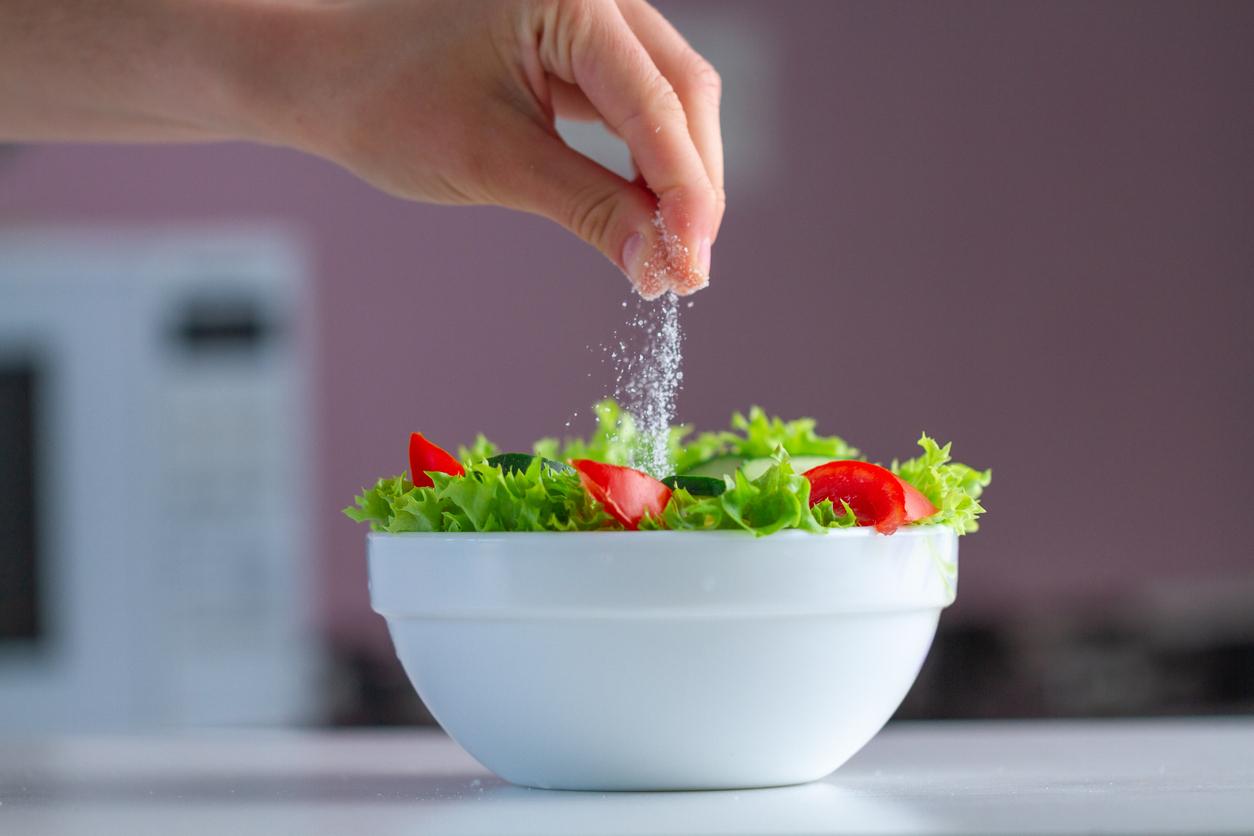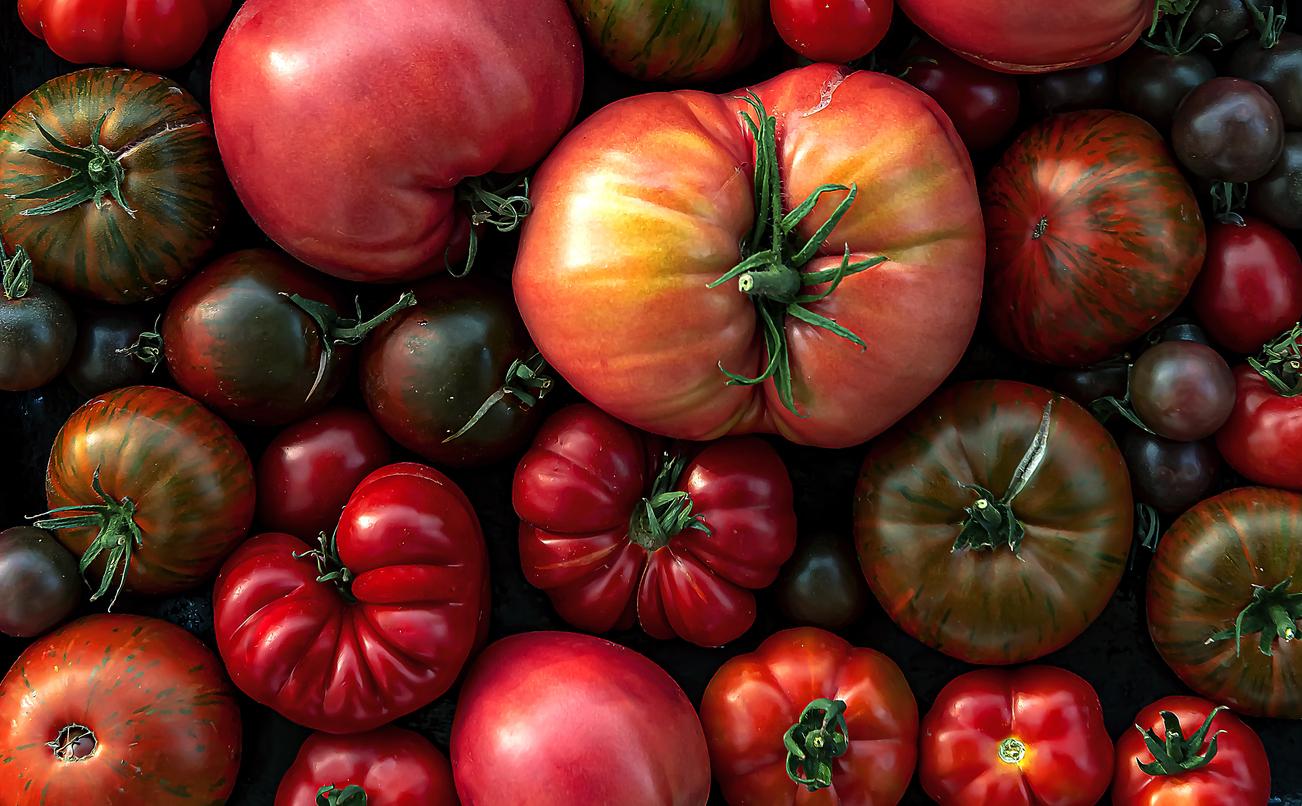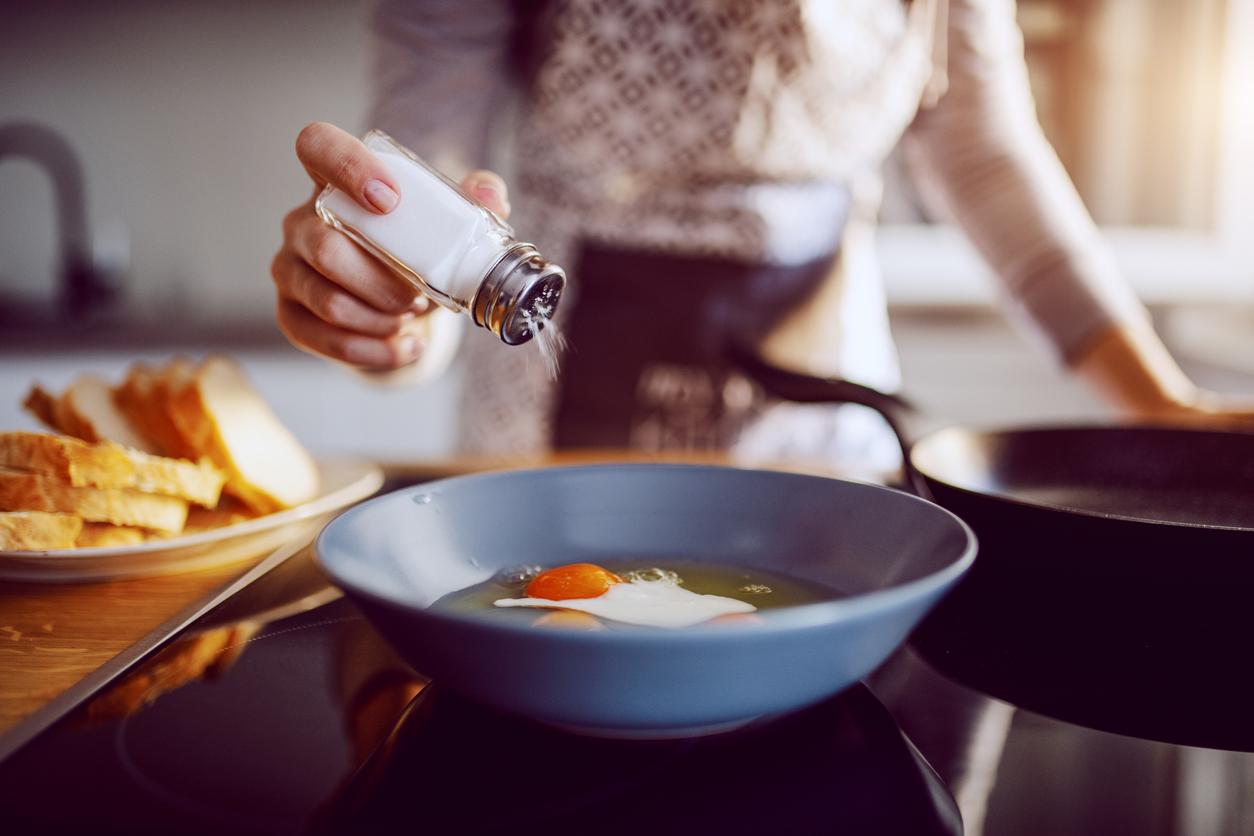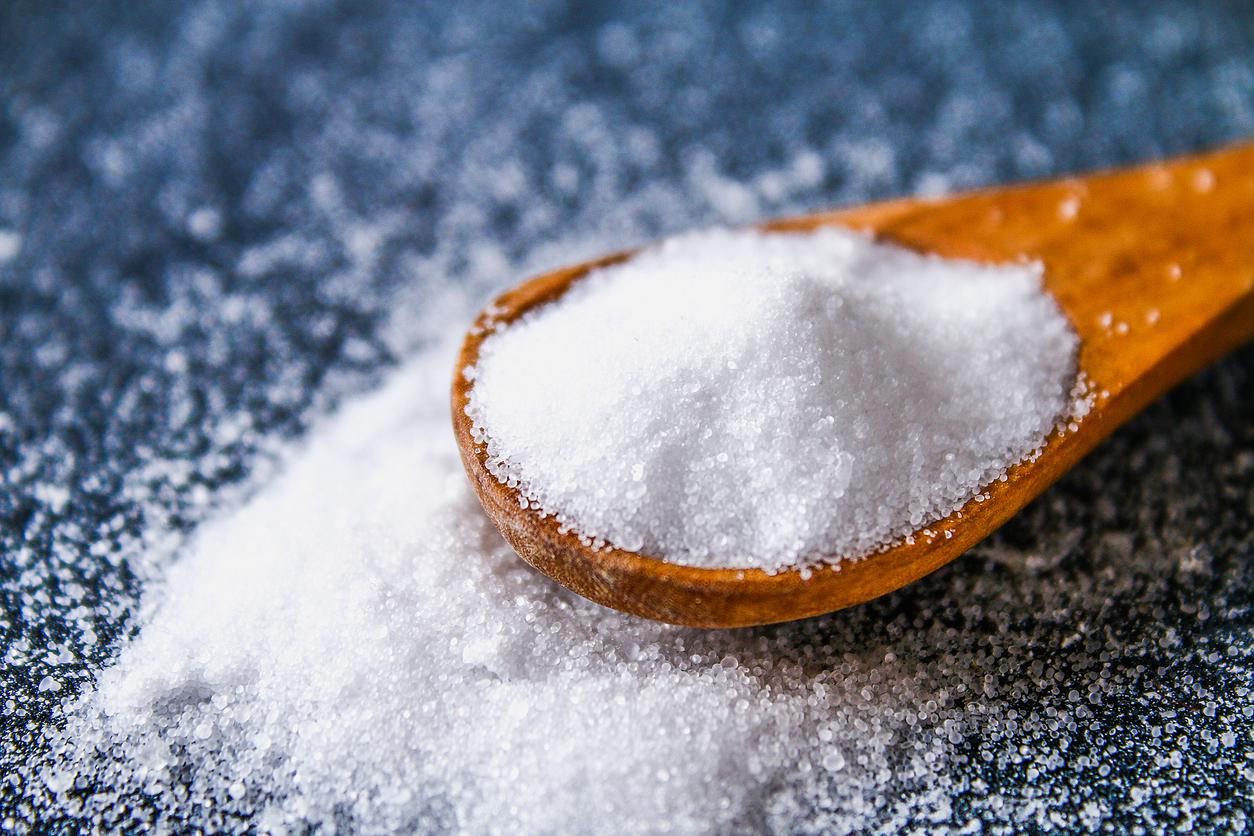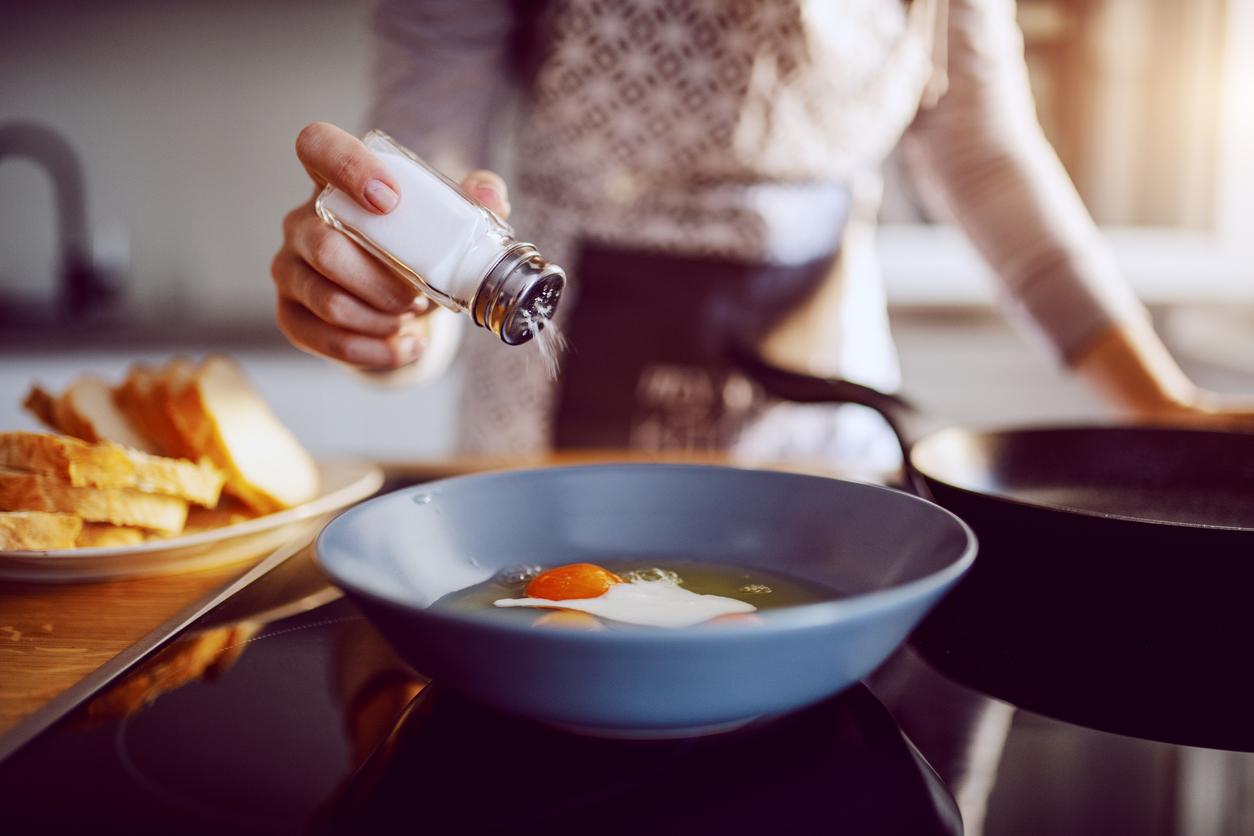Less than 2 mg of sodium (5 g of salt, or one teaspoon) and at least 3,510 mg of potassium (9 cups of milk or 6 potatoes) per day. Here is the ideal intake to respect in order to guard against cardiovascular diseases, according to the recommendations given by theWorld Health Organization (WHO) in 2013.
The goal: to limit the risk of high blood pressure, heart disease and stroke. However, an American study published on March 20 in the British Medical Journal shows that these limits are unattainable.
A team of researchers based at the University of Washington analyzed food statistics from national surveys carried out in four countries (United States, Great Britain, Mexico and France) to assess the application of these recommendations.
0.5% of the French population meets the WHO limits
Results: less than 1% of the population of these countries manages to respect the limits set by the international institution in terms of sodium intake and potassium (0.5% in France, 0.3% in the United States, 0.15% in Mexico, 0.1% in the United Kingdom).
“The data confirms that we consume too much salt and not enough sodium, explains Dr. Adam Drewnowski of the University of Washington, lead author of the study”.
Sodium and potassium present in the same foods…
Sodium and potassium are often present in the same foods, which necessarily creates a conflict. Can you really increase potassium intake without increasing sodium intake?
Especially when you know that the industrial disheshigh in salt, are responsible for much of the sodium we consume.
On the other hand, the foods with the most potassium (green vegetables, citrus fruits, fish…) are generally expensive. Consuming it every day would be quite expensive for everyone per week.
Towards new recommendations that are attainable and more affordable?
For Adam Drewnowski, consumer education alone will not be enough to reduce the salt intake.
Dietary recommendations need to be reviewed to be attainable and affordable for consumers in developing countries.
Read also :
– Nutrition: 6 healthy tips to replace salt
– Stroke: a diet rich in potassium would reduce the risks in postmenopausal women









